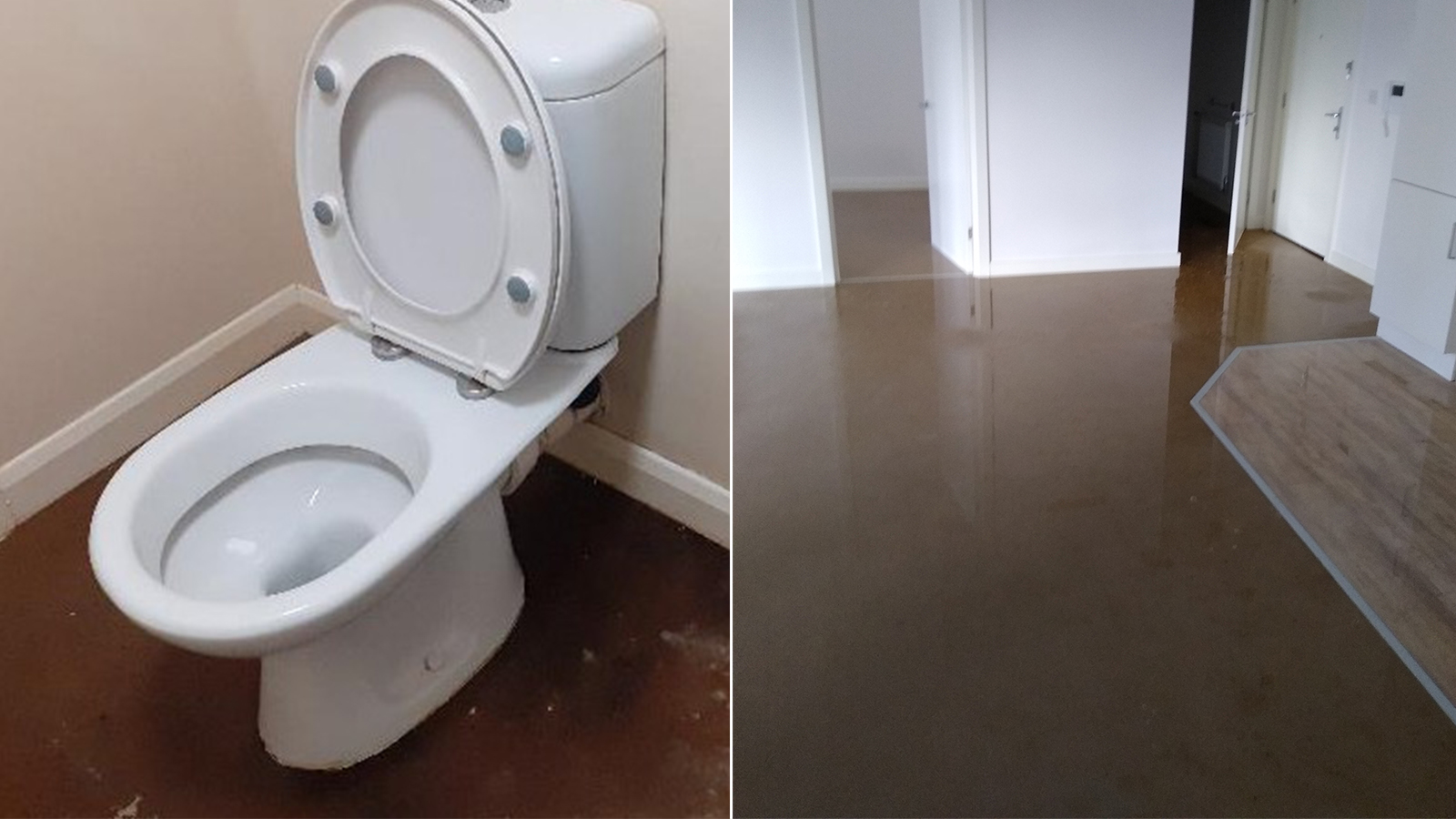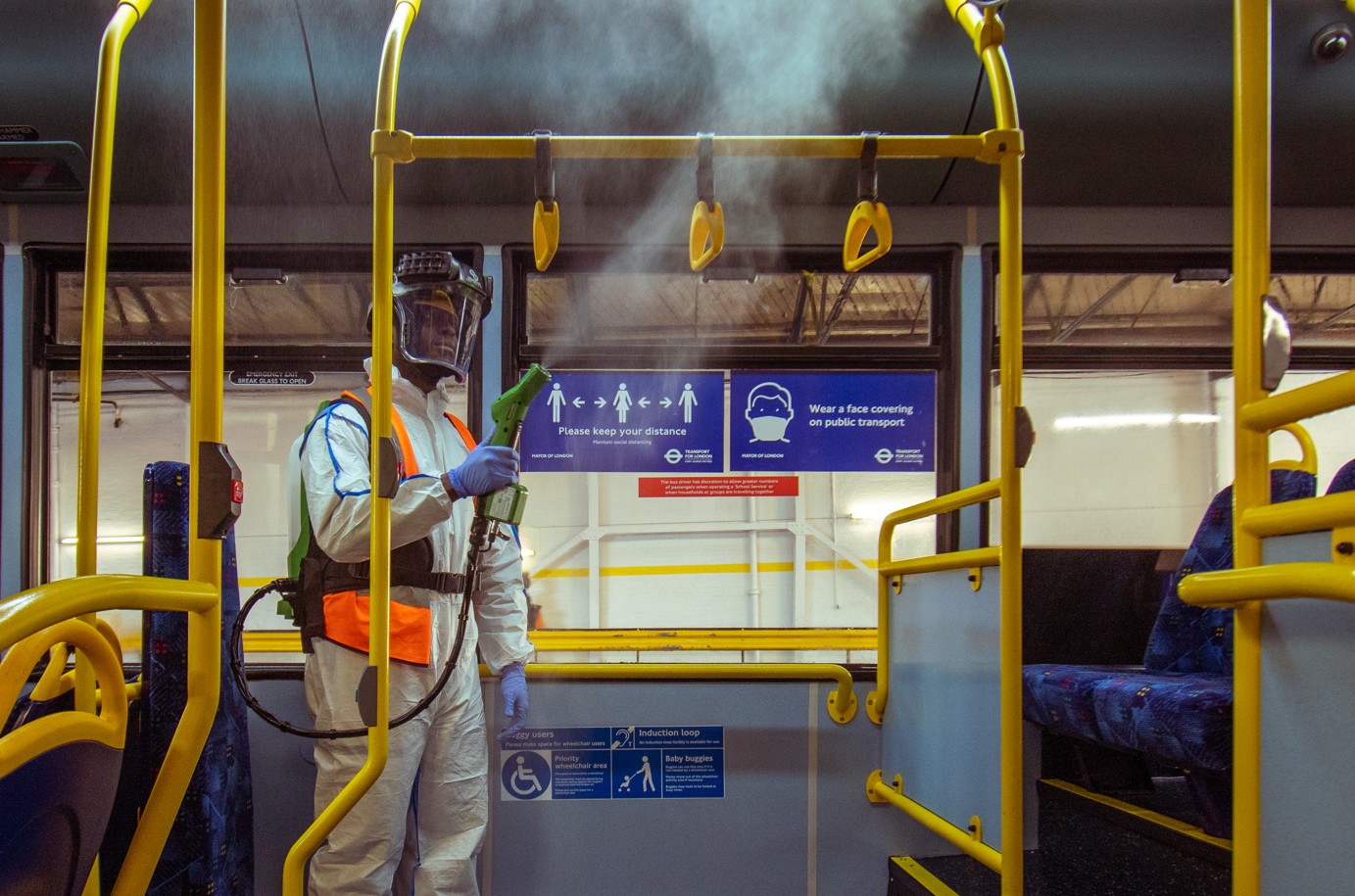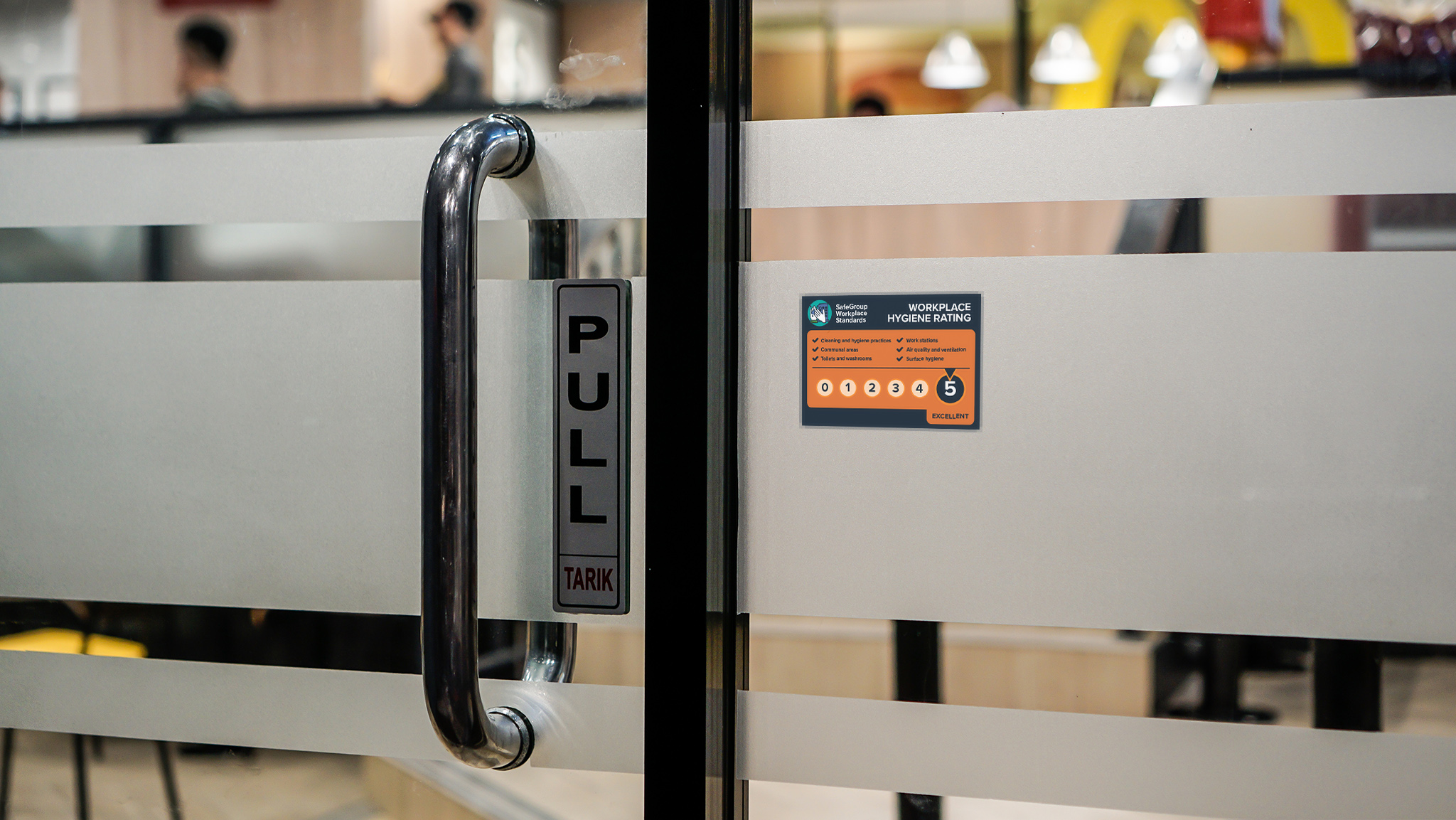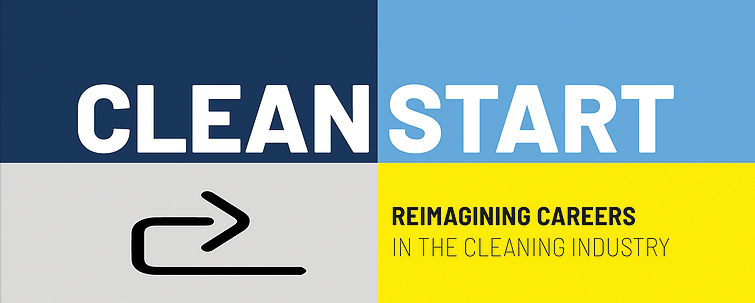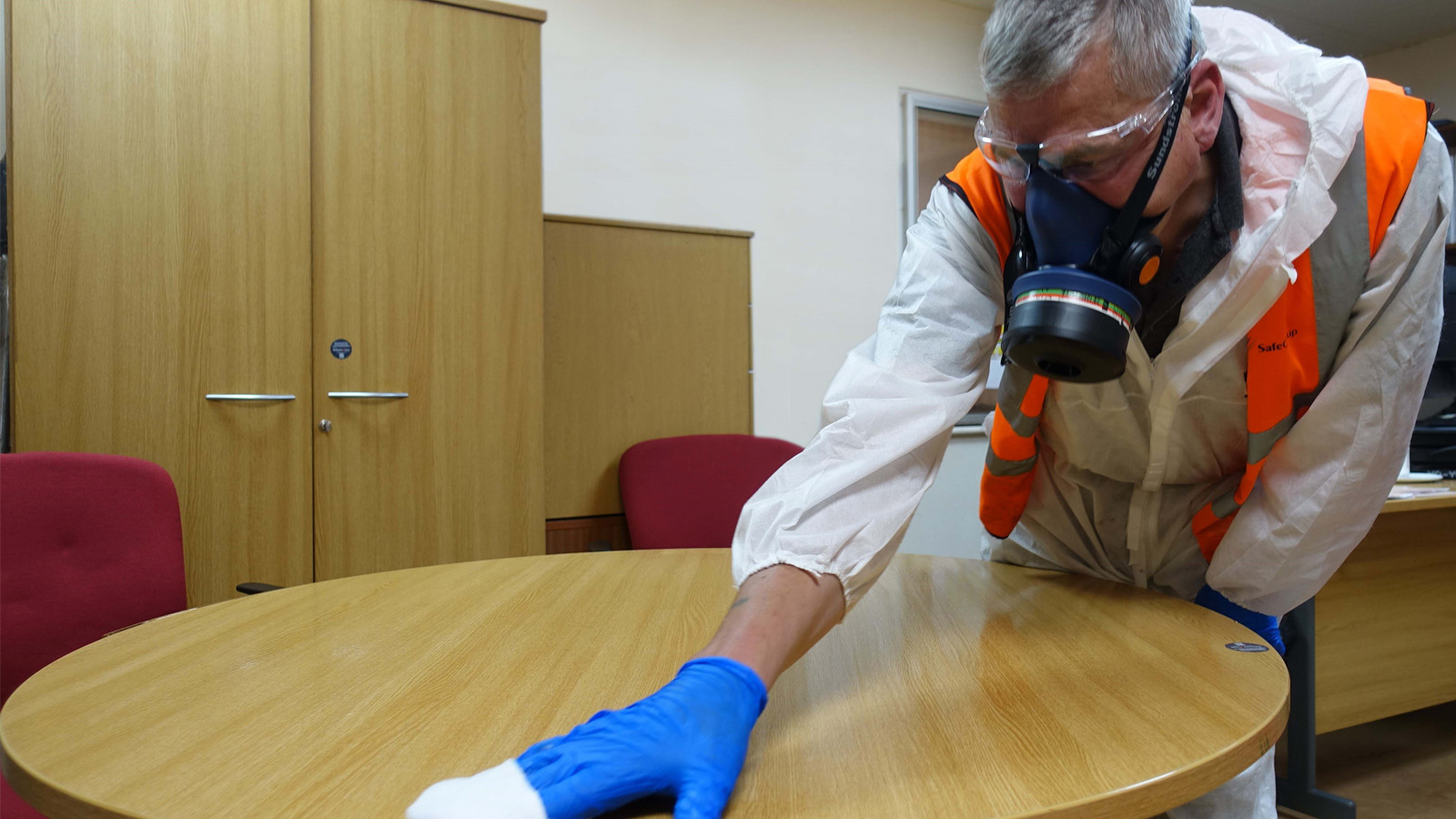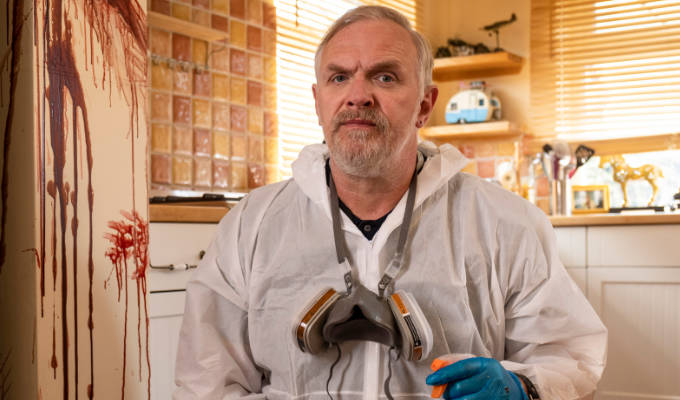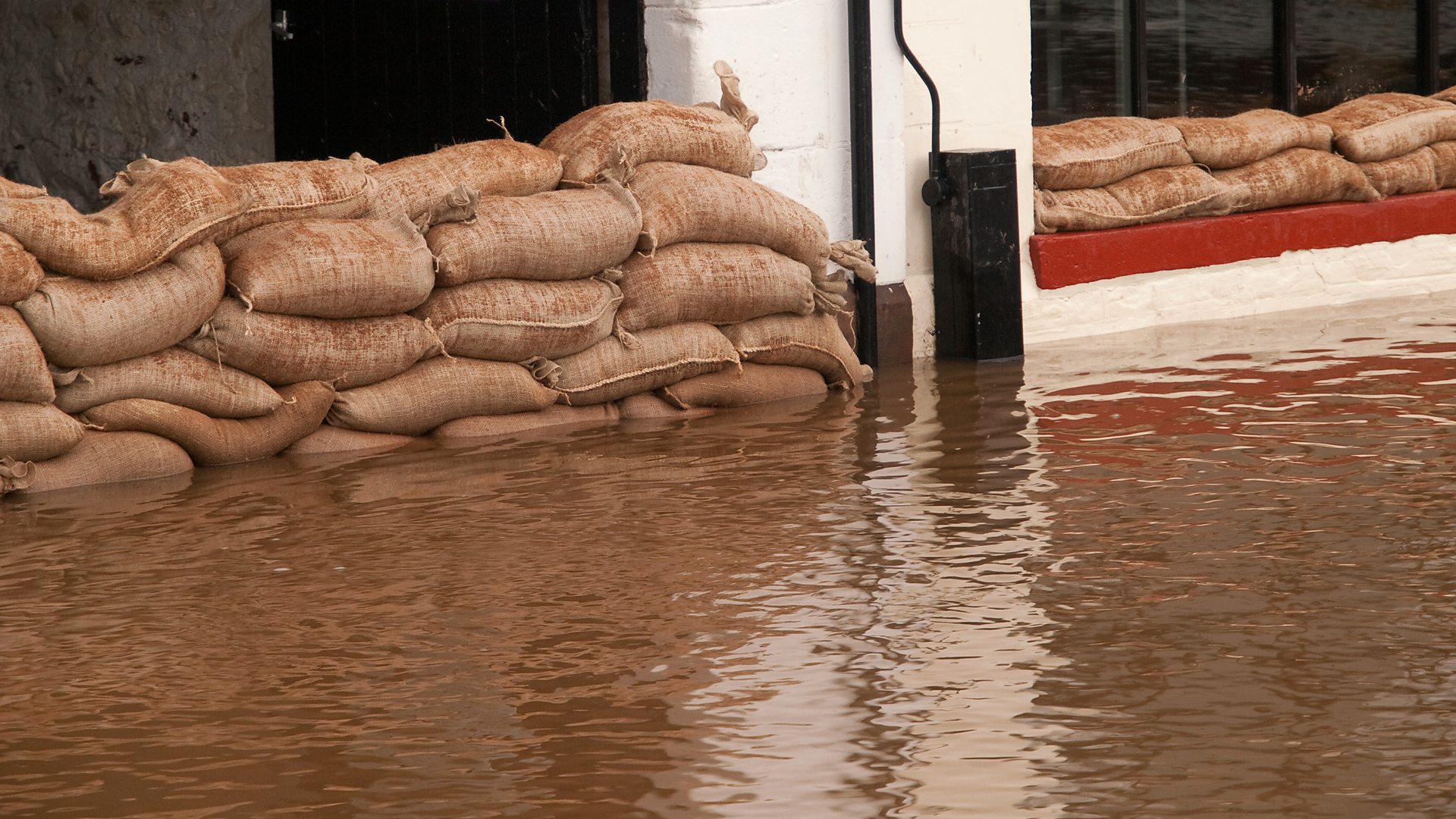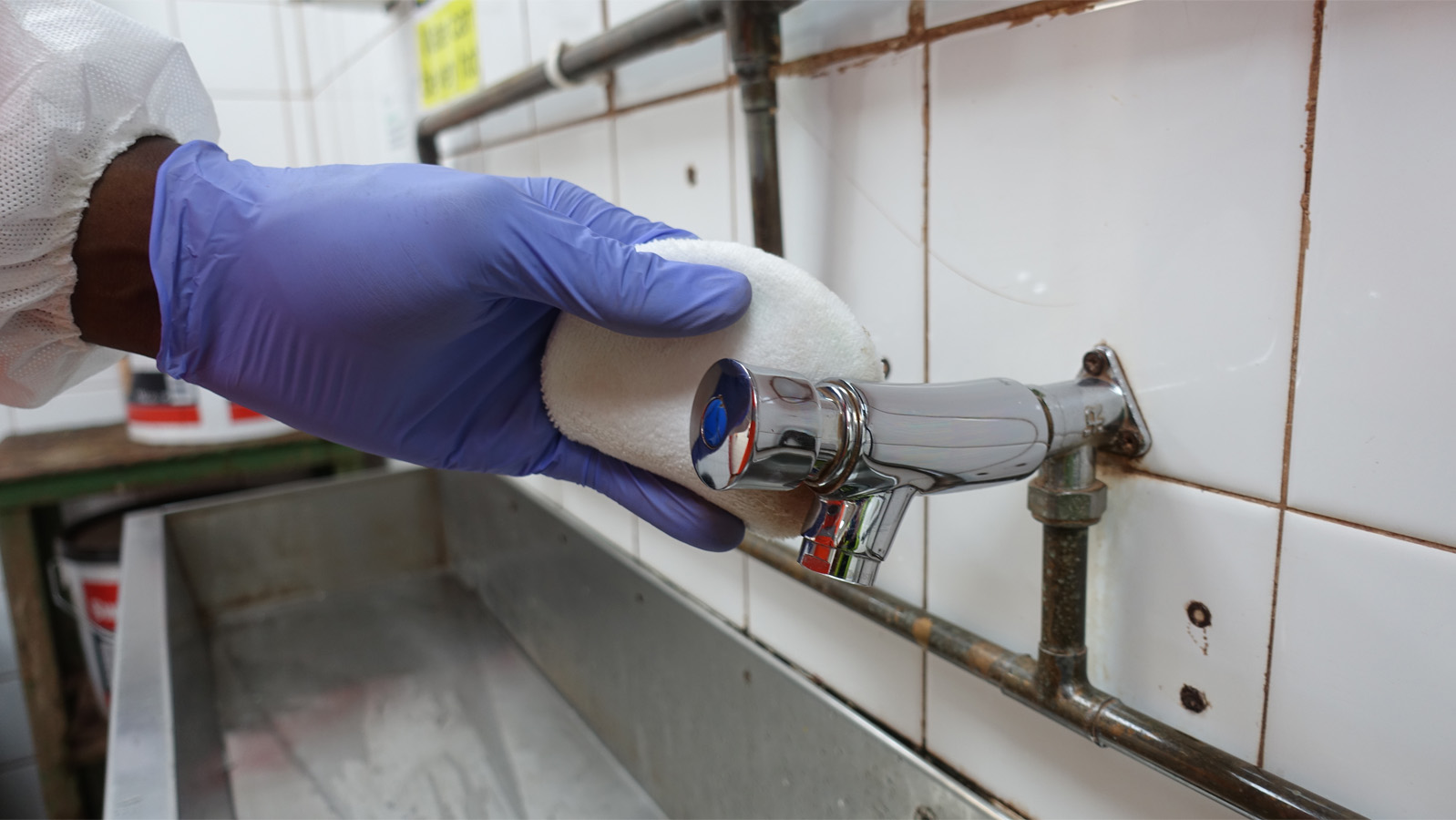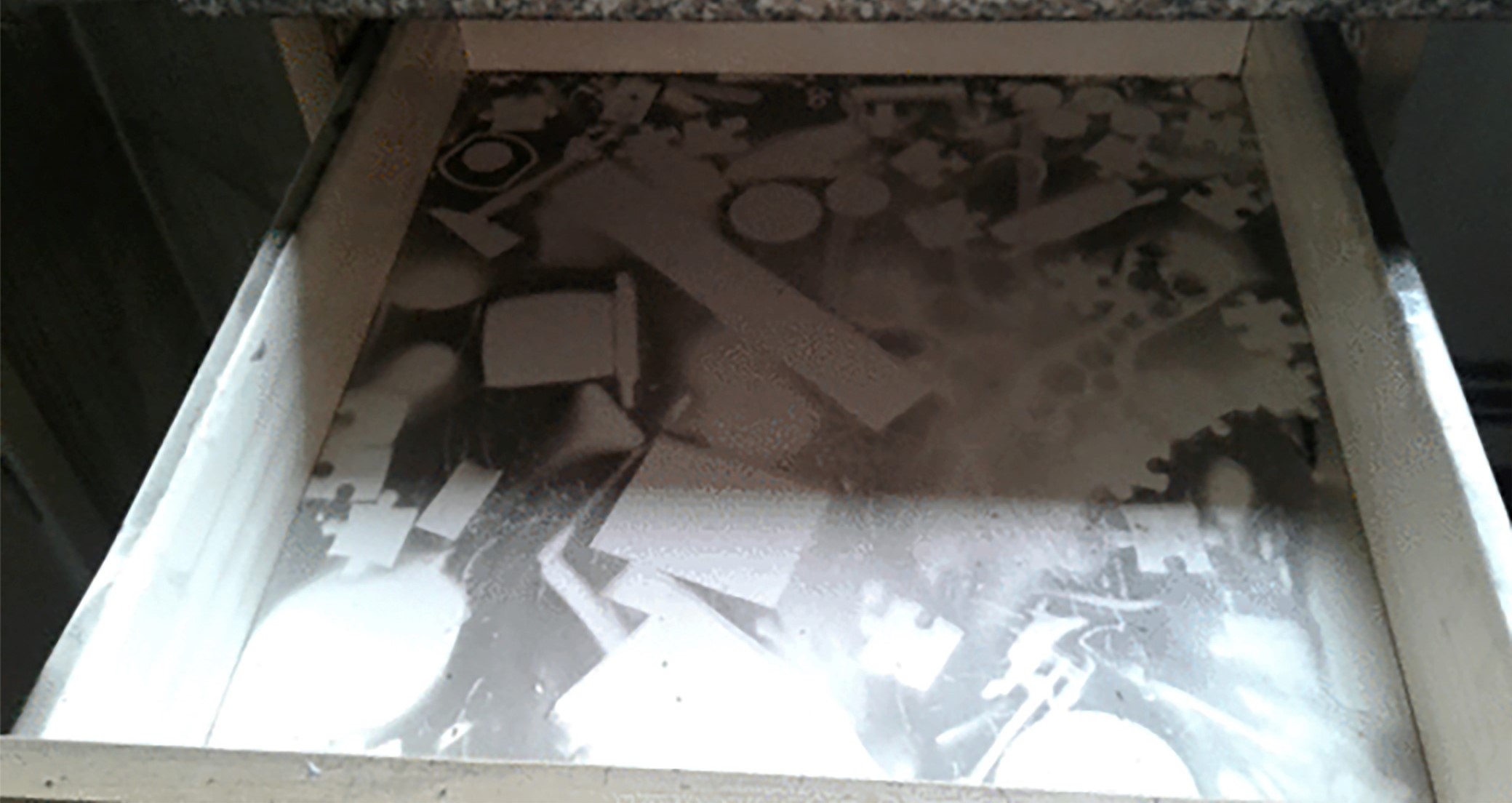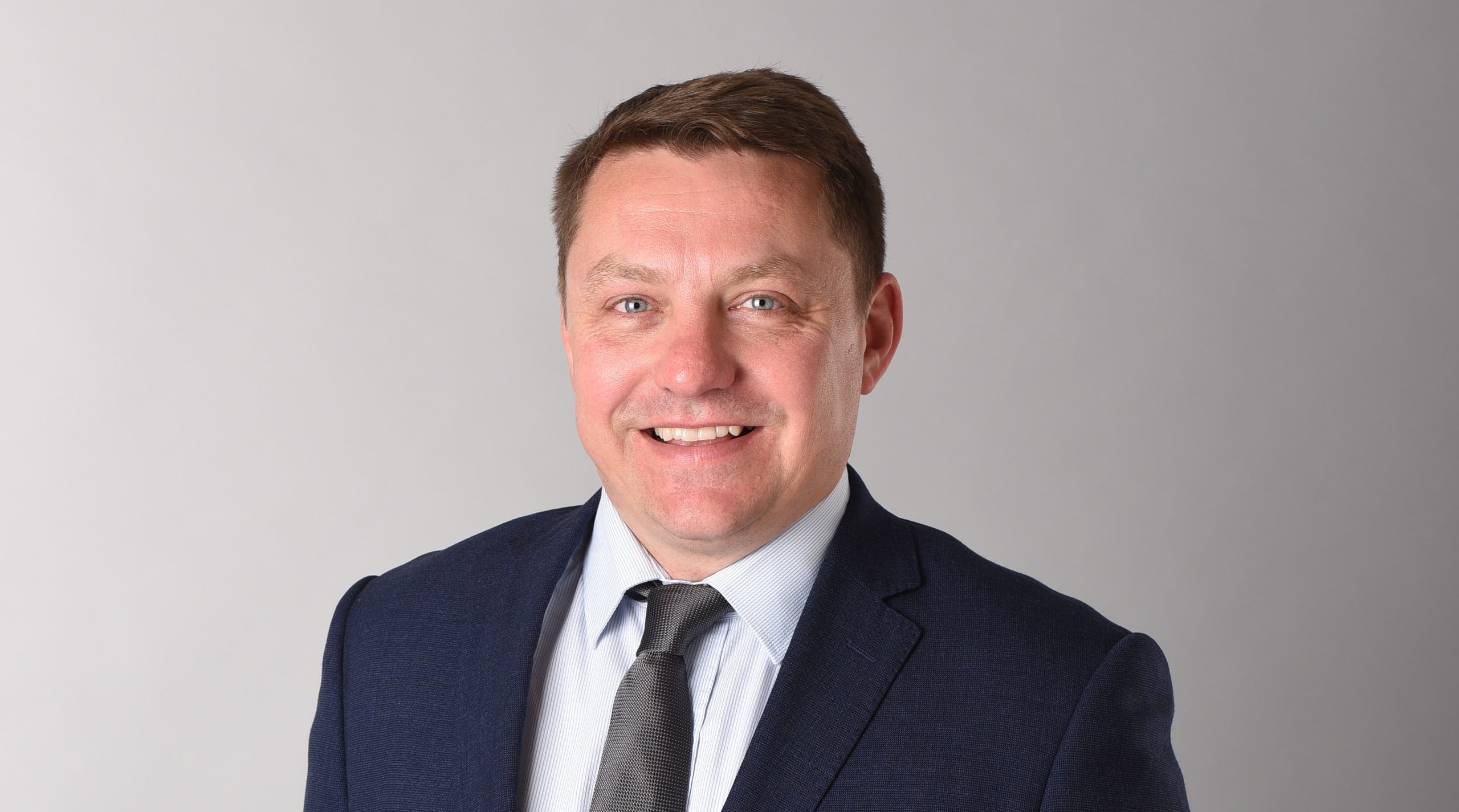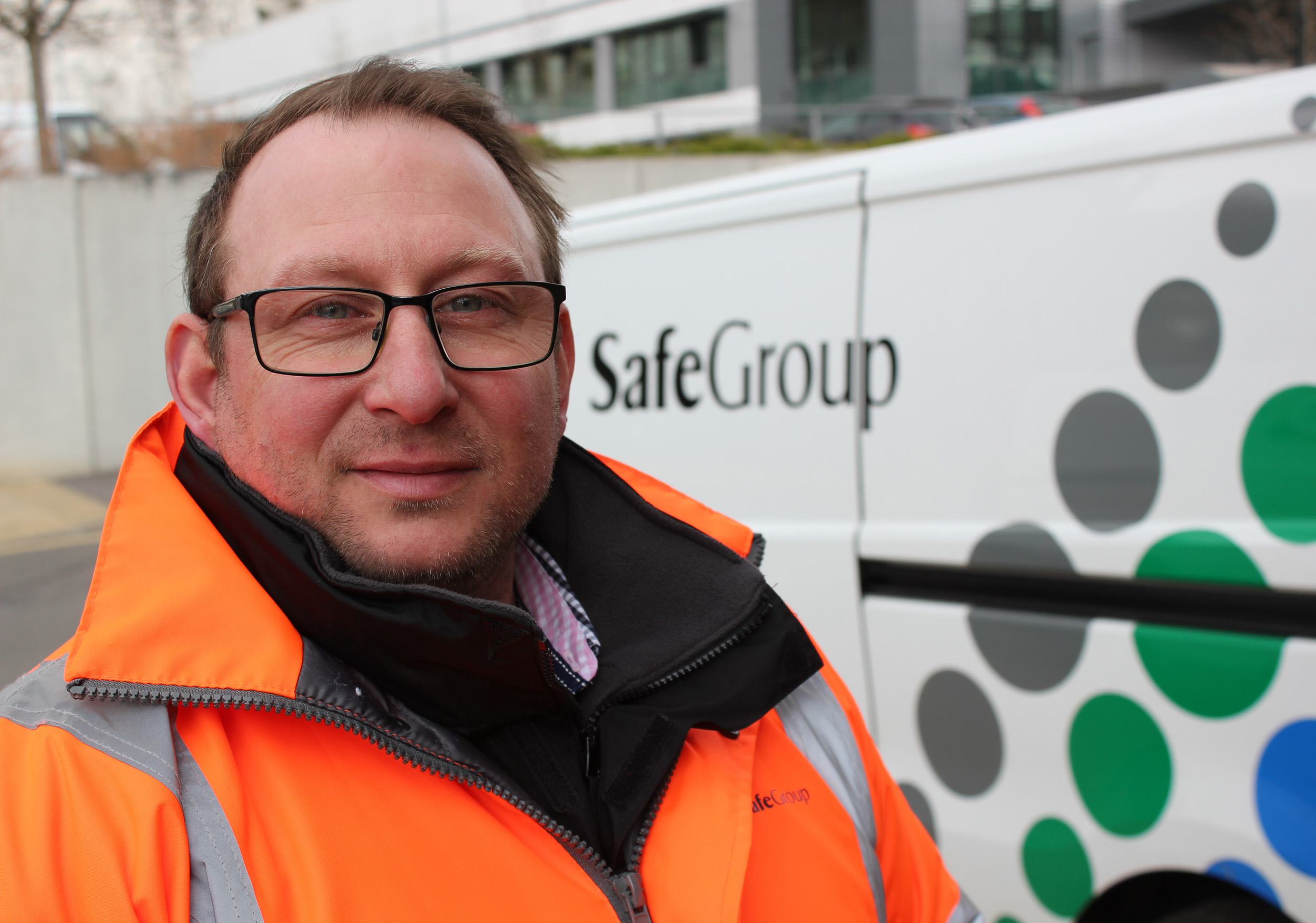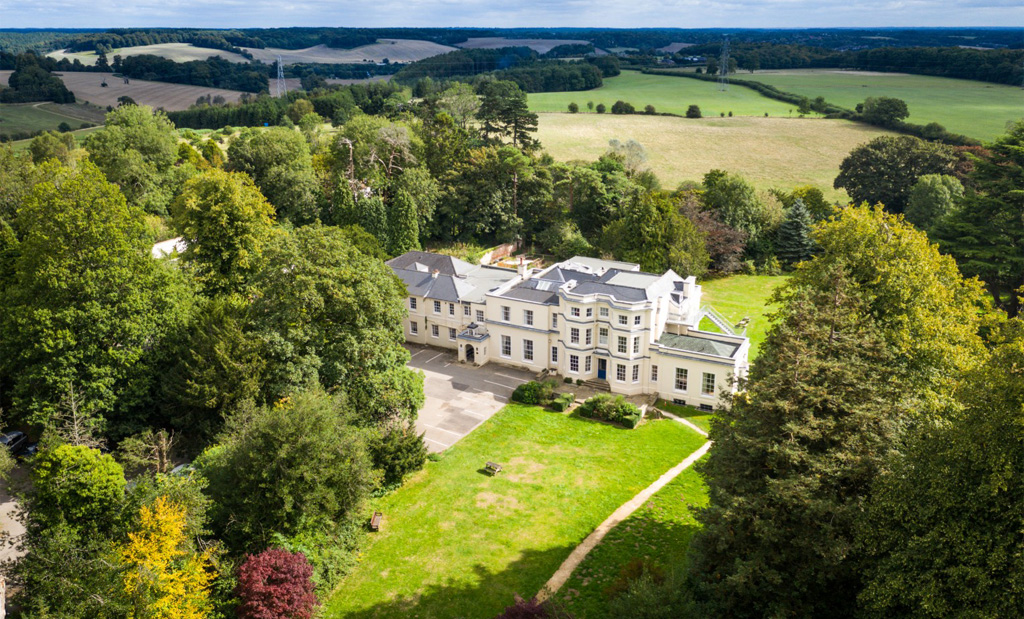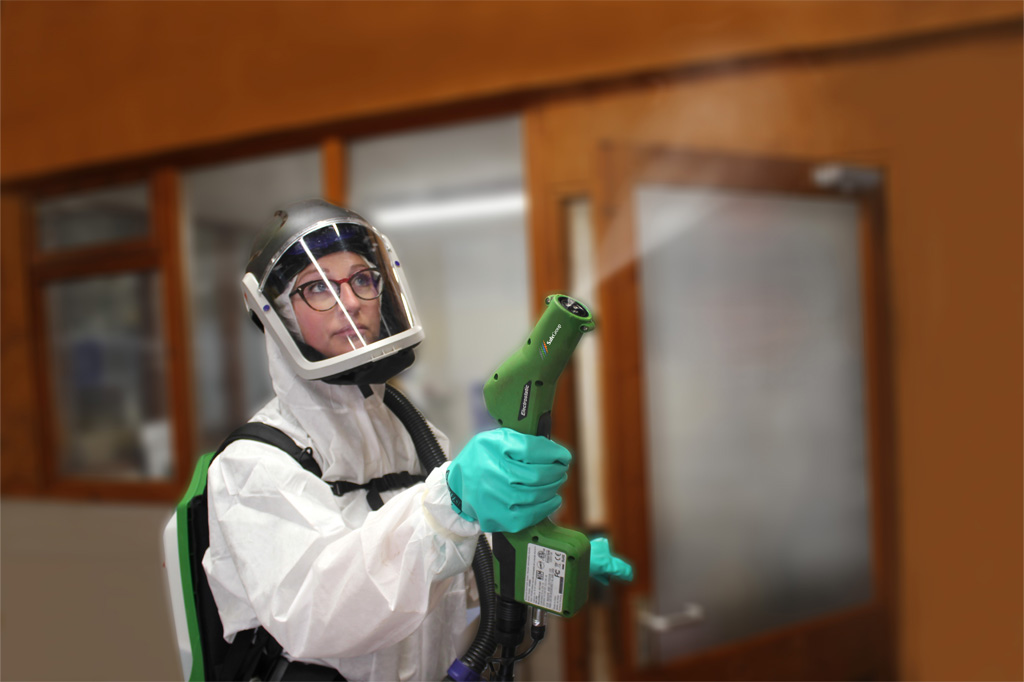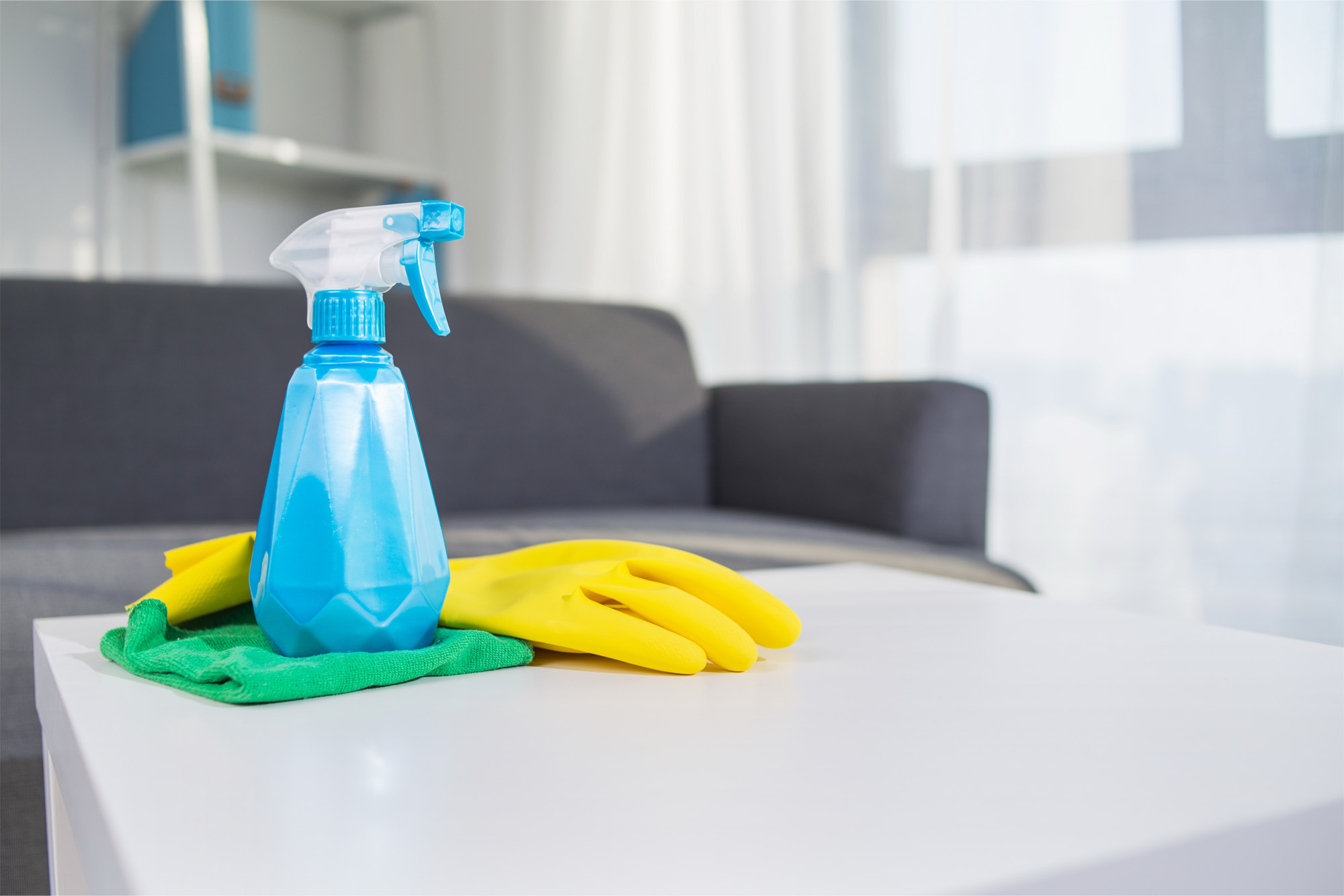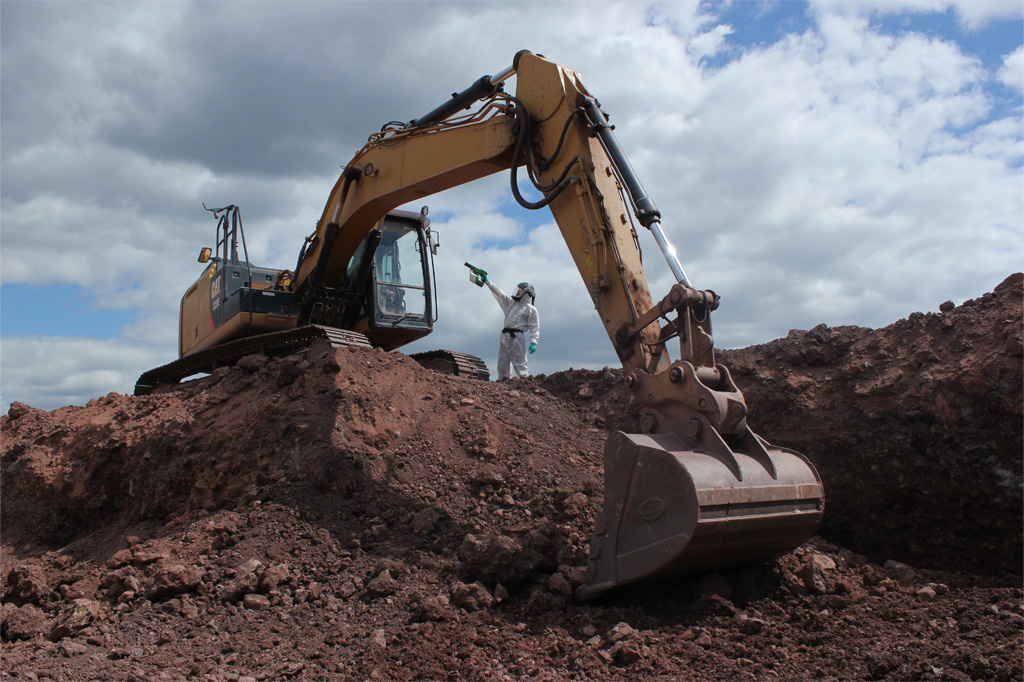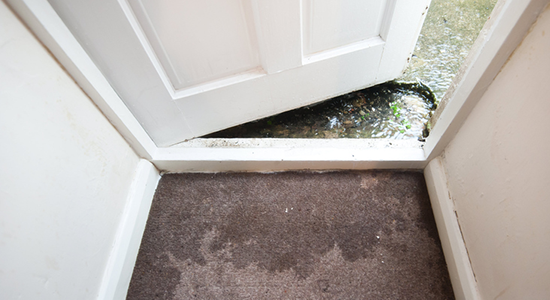It doesn’t make business sense to take chances with slip prevention as wet leisure facilities reopen after lockdown.
For most fit and healthy people, the risk of serious injury from a fall is likely to be far greater than the risk of serious ill-health, or worse, from contracting COVID-19.
Most of us are clueless about the real risks we take every day of our lives, and how they are compounded by the activities we participate in. If we weren’t, we might never get out of bed.
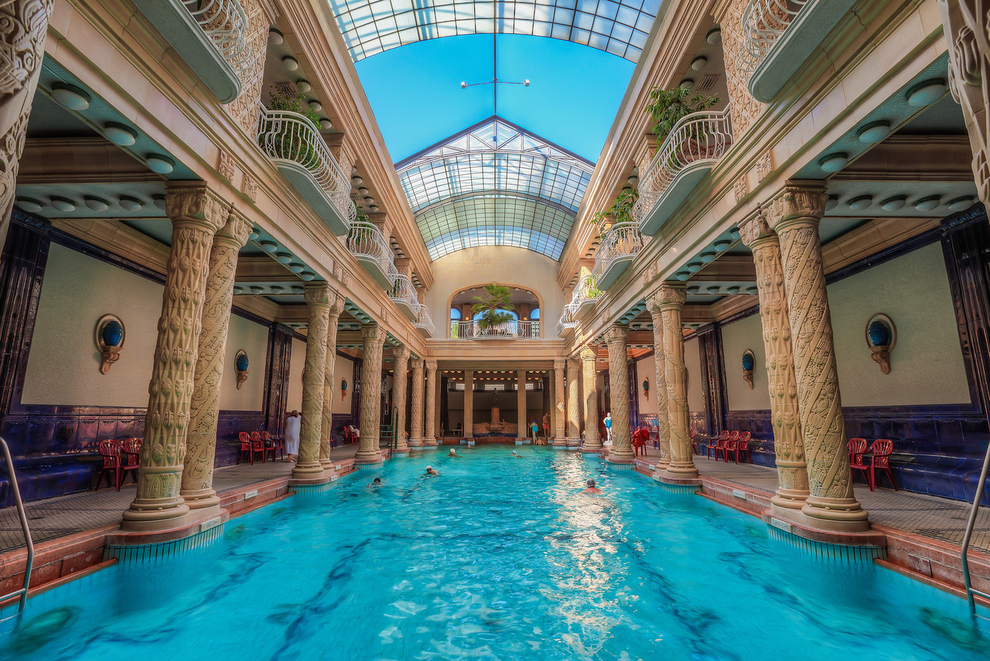 Image courtesy of Ibolya
Image courtesy of Ibolya
As Coronavirus lockdown measures are lifted, businesses are refocusing their health and safety concerns on these conventional risks.
This is most definitely the case in the sports and leisure industry where swimming pools, sports centres, spas and gyms are in the process of reopening some of the most potentially dangerous environments ever designed for humans to enjoy themselves in.
Water greatly increases the risk of slips and trips. Most floors installed in wet areas are designed to have slip resistance. However, grime – and residual human body fats – build up on the surfaces, reducing this effect.
Also, we are finding some floors in new spas are designed primarily for aesthetic taste not safety. Shiny marble tiles may look fabulous but they are sometimes more hazardous than ones specifically manufactured for wet areas.
I firmly believe the answer is for leisure and sports facilities to make floor safety a key priority over the next six months.
The average cost of a slip injury claim is between £5,000 and £10,000. Fines rise into the £millions. An HSE prosecution can have a catastrophic effect on a business’s finances and reputation.
These are risks most businesses will want to avoid. On top of that, swimming pools and spas will want to present the brightest possible image to returning clients and new ones they hope to recruit.
Unsafe, grimy wet area floors are unappealing. Cleaning and treating the same floors transforms them, often returning them to as-new condition. Floor safety goes hand-in-hand with marketing goals.
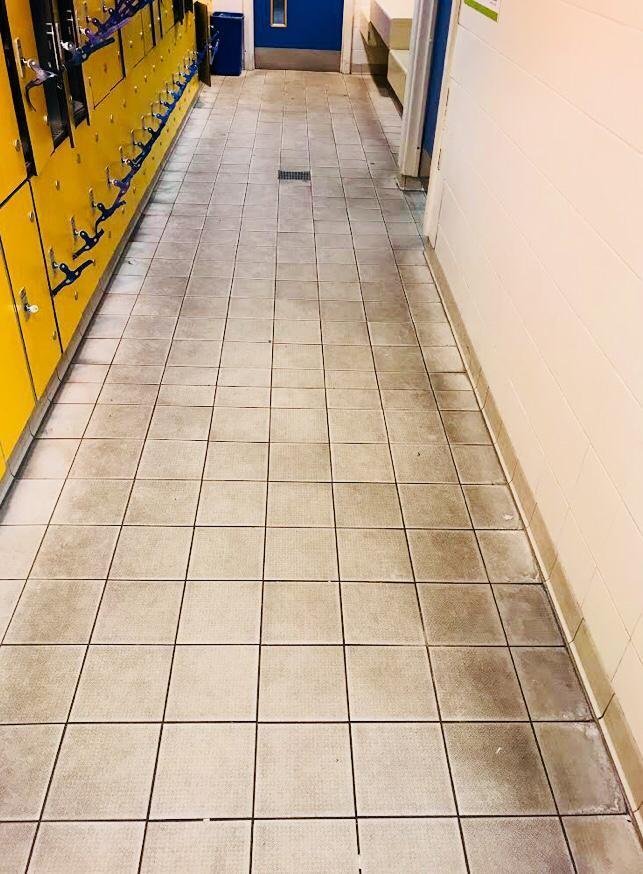 Before Treatment
Before Treatment
Also, the level of resource needed to be safe and compliant is measurable. The pendulum floor slip test we carry out, often on behalf of FM partners, is recognised by the Health and Safety Executive (HSE) and local authorities as the industry standard.
Using the device, we can quickly establish the level of slip risk associated with all types of floors and locations, including stairs – wet and dry – and the precise measures needed to ensure their legal compliance.
This may involve deep cleaning and sealing the floors. Or treating them with a coating that greatly increases slip resistance. Correctly maintained, this anti-slip coating remains effective for up to five years on tile, stone, and other cementitious hard surfaces.
As the approved contractor for Bonasystems floor cleaning and anti-slip coatings in mainland UK, we are also providing vital advice to leisure companies as they reopen their facilities.
For example, in most cases, the floors with the greatest slip hazards are in female changing areas. Skins and hair products used more often by women can end up on the floor, reducing slip resistance.
In some cases, our intervention can be critical. A local authority threatened to prosecute a national fitness chain because its floors were so hazardous, a threat lifted after we coated them.
Swimming pools, gyms and spas are costly facilities to run and maintain. With no income for over a year, operators may be tempted to delay key maintenance, including floor cleaning and treatment.
In my view, this is a false saving. Post-COVID-19, clients will appreciate clean and bright leisure environments more than ever. Costs associated with slip incidents are too great to ignore.
A floor slip risk assessment will establish the cost of being legally compliant and associated spending priorities. Mindful also of the benefits of building back better, this is a key step towards creating safe and enjoyable customer experiences.

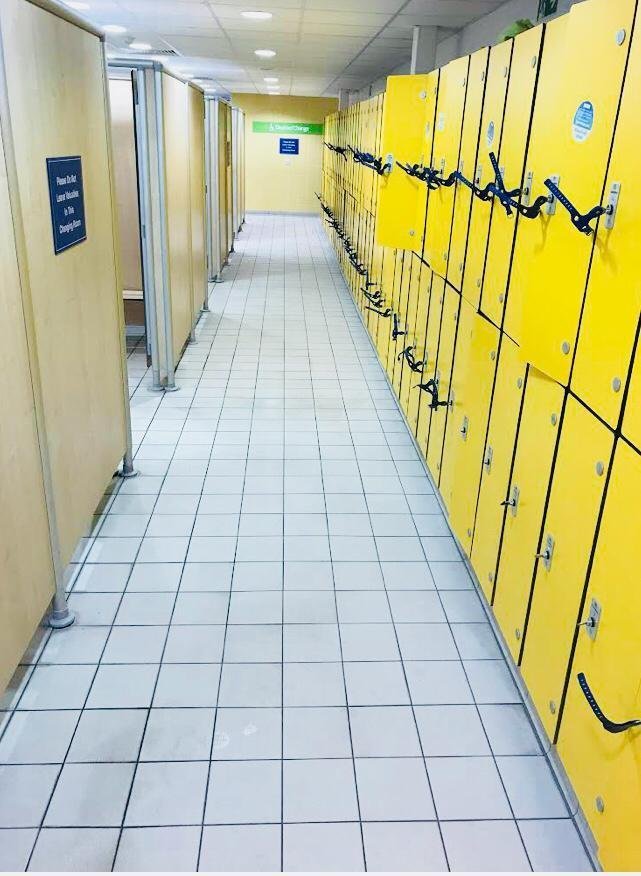 After
After 

